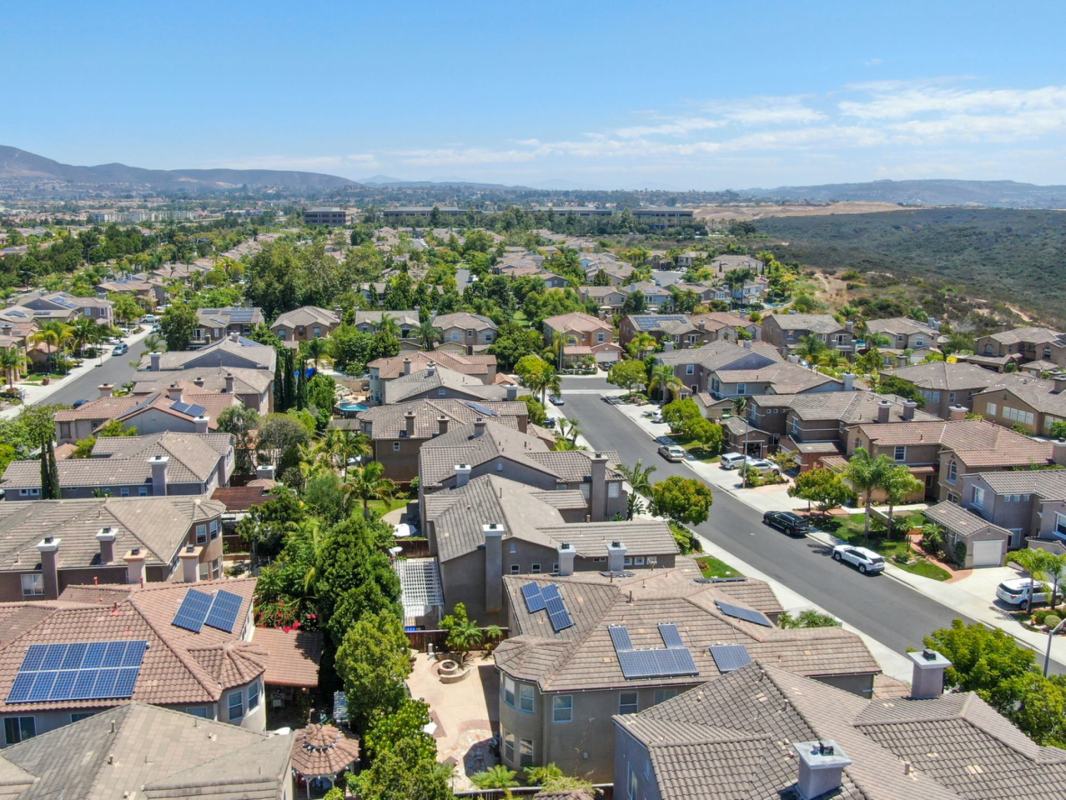An unexpected barrier has apparently dimmed the shine of solar power for some residents of the Golden State, but the future still appears to be bright for the fast-growing clean energy movement.
As detailed by Canary Media, policy changes in California in May "halved the financial value of residential solar" for customers of three major utility companies.
That resulted in approximately an "80% reduction" in solar panel installations in the biggest market for rooftop projects in the country.
Despite the setback, global research group Wood Mackenzie projected that 2024 will mark a second consecutive record-breaking year for the industry.
The group also estimated an "average annual growth at 14% between 2023 and 2028," with solar capacity in the United States in 2027 to almost double what it was at the end of last year.
Community solar programs, which allow people to reap the money-saving benefits of solar power without the trouble of installing the panels themselves, were also part of the equation, with Wood Mackenzie writing that newer state markets will "support lasting growth as mature markets become more saturated."
That's great news for our planet considering that the United Nations has identified clean energy as a key to avoiding "the worst impacts" of changing global temperatures, which have been mostly driven by the burning of dirty energy, such as gas, coal, and oil.
According to the Energy Information Administration, only 13% of the electricity in the U.S. came from renewables in 2022.
In order to support the adoption of clean energy, though, the U.S. passed the Inflation Reduction Act, which contains a variety of tax incentives. The federal tax credit to help with the upfront costs of installing solar panels is slated to run through 2035.
"We have a long way to go, and likely a lot of pain to go through... but I'm encouraged by the gaining momentum," one person wrote on Reddit in a post discussing the news. "... We are not where we want to be, but I think we can get there!"
"I suspect with solar panels becoming progressively cheaper and more accessible, we will see this increase in a non-linear fashion," another Redditor speculated. "... Progress is good."
Join our free newsletter for cool news and actionable info that makes it easy to help yourself while helping the planet.









